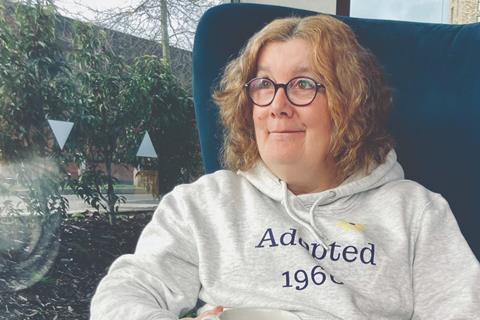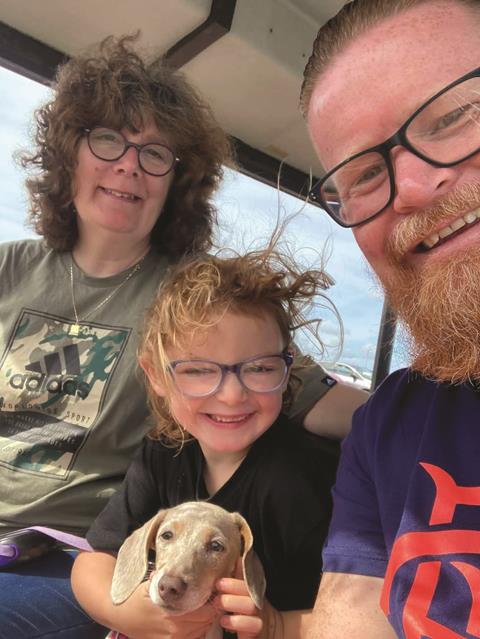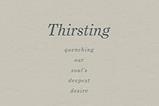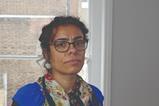Being adopted left Fiona Myles with pain that led her down a dark path, but God rescued her, brought a precious daughter into her life and now she helps others find healing

Fiona Myles was born in Scotland, and had always known that she was adopted. Her parents explained that she was “chosen” and “wanted”, but they knew little of the circumstances surrounding her birth. As she got older, the unanswered questions began to build. “I felt abandoned, rejected, unwanted…I started to play out some really difficult behaviour.”
Fiona began skipping school and self-harming. At 16, she left home to work in a hotel, where she was raped by a male colleague. Aged just 17, she left Scotland and moved to London to start over. “That’s where the whole thing went completely mental,” Fiona recalls. She ended up homeless, addicted to drugs and alcohol, and involved in prostitution.
A light in the darkness
By the time Fiona was in her late 20s she had returned to Scotland, but was experiencing serious health problems. One day, a massive seizure resulted in hospitalisation. Doctors warned her that if she did not stop drinking and taking drugs, she would die. Around the same time, Fiona’s sister experienced a stillbirth. The two events were “a huge turning point”. Struggling to process the death of her nephew and the seriousness of her addictions, she found herself in an unexpected “place of searching”.
At this time, Fiona was living in a flat “on the worst street in Falkirk”. Renowned for its drug problems, it was an area most people chose to avoid – but not Ann. This Christian woman had specifically moved there to be a light in a dark place. Fiona had seen Ann “marching back and forth” across her living room, praying for her neighbours (“I just thought she was a bit loony,” Fiona recalls). One day, Fiona thought: I’m gonna ask her if she goes to church. In the conversation that followed, Ann invited Fiona to a service at The People’s Church, Falkirk. The warmth of the welcome and the kindness of the people there was “nothing like I’d ever experienced in my life,” she says. On a subsequent visit, when the minister gave a gospel appeal, Fiona committed her life to Christ.

AN IMPOSSIBLE PROMISE
Fiona started to pray, read the Bible and become more involved in church life. Slowly, her life began to change. She stopped drinking and using drugs, and her addiction to cigarettes was miraculously broken overnight.
In 2001, five years after becoming a Christian, Fiona met Brian, a fellow ex-addict, at a Christian outreach. They married in 2004 and, after eight years of trying to have a baby together, they sought medical help. Unfortunately, the doctor told Fiona, now 45, that there was “no chance” she could ever have a child. They were devastated.
I was like: Bingo! That is exactly what I have. I have unrecognised trauma
Shortly afterwards, Fiona went to a Christian conference. While she was there, she felt God tell her that she would have a child at 50. It seemed impossible but, shortly afterwards, she was invited to the baptism of her biological half-sister, Lynn, who had recently become a Christian. Lynn told Fiona that her son, Fiona’s nephew, had had a baby. The little girl, Georgie, had suffered a bleed on the brain and doctors feared she would be severely disabled. At the time, other family members were not in a position to care for her permanently and she had been placed into foster care at birth.
“I came home, told Brian, and he said: ‘That’s our child.’” Despite the couple being ex-drug users and Fiona not being legal kin to the child due to her adoption, they were granted a kinship order. Six weeks before Fiona’s 51st birthday, Georgie came to live with them. She was 14 months old. “God did one thing after another,” says Fiona. “He had already decided, in his magnificence, that I was going to have my great-niece from the family I was adopted out of. My own flesh and blood.”
Healing
Adopting Georgie caused Fiona to re-examine all that she had gone through. Through research, she discovered other adoptees also struggled with similar issues of rejection, fear and anger. Then she came across an article about adoption trauma. “I was like: Bingo! That is exactly what I have. I have unrecognised trauma. That’s why there’s this hole that isn’t filled in, no matter how much I pray or read my Bible.”
Despite having located her birth family many years earlier, Fiona eventually discovered that the story they had first told her about her adoption was not entirely true. After her birth, she had been left in the hospital, alone, for five weeks. An aunt had eventually taken her home but, unable to cope, had returned her to the hospital again for another five weeks. “I’ve always had this horrible fear of hospitals, which I never could understand,” Fiona says. Now, after receiving prayer, as well as grief and trauma counselling, a deep fear she could never shake has finally gone.
Fiona now mentors other adoptees, and has written two books to raise awareness about adoption trauma: “It was amazing to know that I wasn’t a bad Christian,” she explains. “I think if I had been able to say to my [church] leaders and people who have worked with me: ‘My adoption has caused me trauma. Can you pray for that?’, I don’t imagine I would have struggled so much.
“For a lot of churches that deal with addicts, or get broken people coming in, being aware of adoption trauma would be so helpful to them as they minister to people.”





































No comments yet